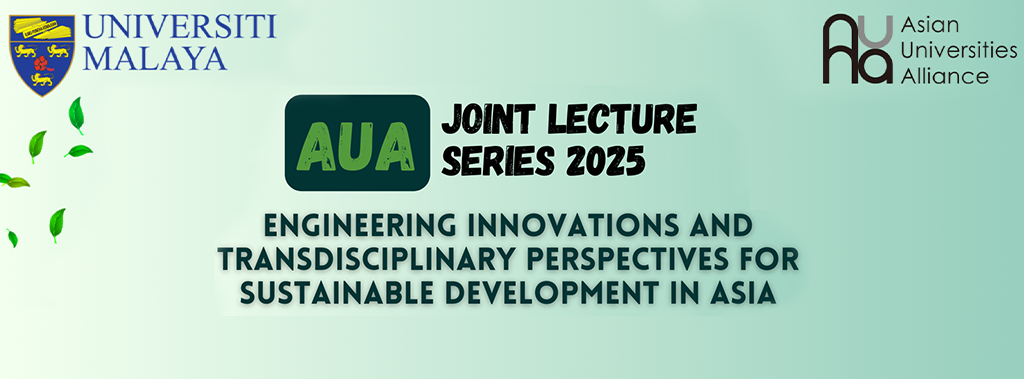Theme:
What is Development & What Factors Can Accelerate Development in Asian Countries?
Natural Resource-Rich Economy and Challenges for Development in Kazakhstan
Professor:
Dr. Serik Orazgaliyev,
Assistant Professor, Graduate School of Public Policy
Nazarbayev University
Main Points
· Factors that can accelerate development include factor endowments, institutions and good governance, and successful development strategies
· Aside from economic factors, well-being and capabilities are also popular factors used to reflect a country’s level of development
· Despite its recovery, there remain economic challenges for Kazakhstan in the post-COVID-19 era
Summary:
Development strategies are essential to a country’s ability to create rapid and large-scale improvements to people’s livelihoods. There are factors that can accelerate a country’s development.
First is factor endowments, factors such as geography, culture, trust and ability to explore and develop natural resources (using technology and expertise) can influence and create variations in wealth between and within countries. Second is institutions and good governance. Fukuyama’s dimensions of development: economic growth, social mobilization and political development (accountability, rule of law and state-building) are introduced, and students are encouraged to consider how closely countries (if, at all) follow this model. Third is development strategies. Although factor endowments are difficult to change, countries can choose different strategies that can lead to prosperity. Examples include Import Substitution, Washington Consensus, Beijing Consensus, Governance Agenda, and the UN’s SDGs. Other ways people can evaluate the level of development include longevity, literacy, improved well-being, ability to participate in a community etc.
Despite Kazakhstan’s recovery in GDP (in light of the pandemic), there remain economic challenges. The country is working to diversify itself, increase competition in the manufacturing and agricultural sector, and deal with a volatile commodity market and global economic instability.
(written by Ms. Camilla Kong)
*The views and opinions expressed in this lecture series are those of the guest lecturers. They do not purport to reflect the opinions or views of the AUA or its members or its Secretariat.

